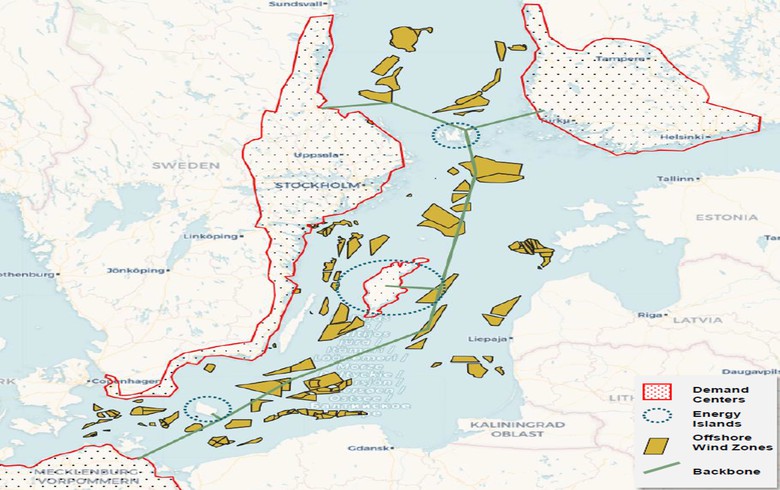
The European Union is moving to phase out fossil fuels across the bloc as part of its drive to mitigate climate change.
Oil and coal plants are more polluting than gas-fired stations, though some governments believe they can help reduce carbon emissions while renewables energy capacity is ramped up.
"The intermediate target of abandoning coal in the electricity generation mix as of Dec. 31, 2025 ... is very close. The updated (National Climate and Energy) Plan will certainly confirm it," Minister Gilberto Pichetto Fratin said.
On Sardinia, however, the use of coal to produce electricity will end only between 2026 and 2028, Pichetto said.
Over the last two years, Italy has given the green light to four new gas-fired plants that will produce 3,400 megawatt (MW) -- equal to 3.4 gigawatt -- while existing factories will be upgraded to add further capacity of 700 MW by 2026.
Brussels earmarked a carbon emissions reduction target of 43.7% by 2030 for Italy, but the right-wing government of Giorgia Meloni has conceded that greater effort will be needed to achieve that goal on time.
Briefing lawmakers on the energy situation, Pichetto said Italy has nearly ended its dependence on Russian natural gas imports, a key policy goal of Italian governments since the invasion of Ukraine in February 2022.
Rome bought only 4% of its total gas imports from Russia in 2023, while flows from Algeria grew to 36% from 28%, he said, adding that liquefied natural gas (LNG) imports had also increased, particularly from Qatar and the United States.
"The gas storage filling level is at about 64% and is expected to reach about 45% by the end of March, which can still be considered high," the minister said.




